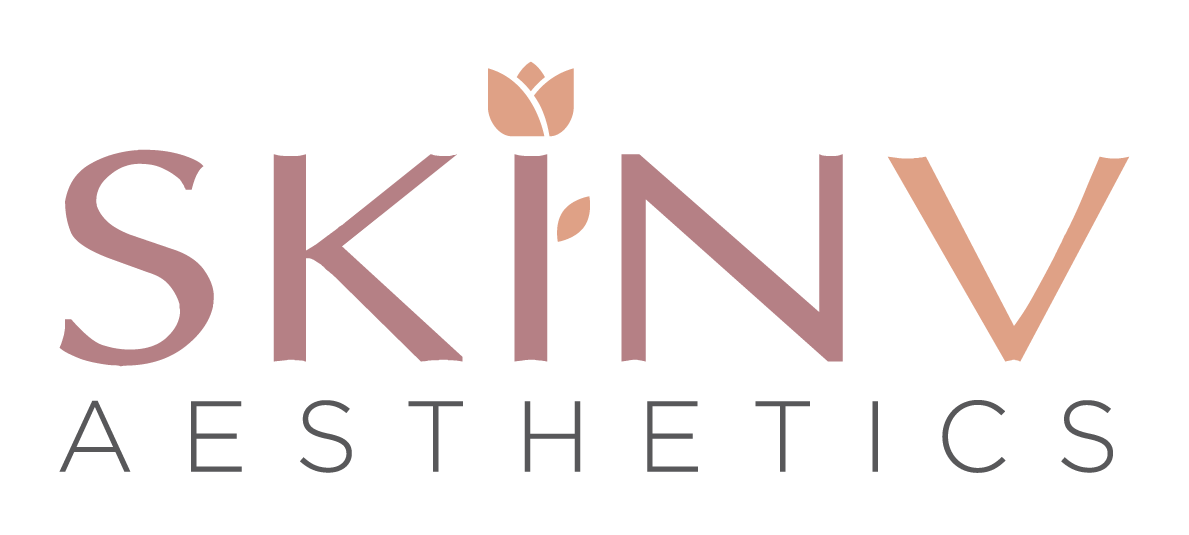Six Steps You Can Take To Prevent Skin Cancer
Most of us understand that we should use sunscreen or sunblocks, but numerous studies have shown that despite the knowledge, many still choose not to wear it. Why? For the tan, of course. Unfortunately, by not wearing sunscreen, we are drastically increasing our risk for developing skin cancer. The damage caused by the UV rays accumulates in the cells, leading skin damage and prematurely aging. In this article, we will talk about six ways you can prevent skin cancer, how sunscreen fights against melanomas, and which type of sunscreen you should be using.
SUNSCREEN CAN REDUCE YOUR RISK Of SKIN CANCER
According to Sunscreens in Melanoma and Skin Cancer Prevention, a journal entry in the Canadian Medical Association Journal, the proportion of skin cancer that is caused by sunlight exposure sits at a whopping 90% with 15% of those cases being fatal. With this said, it is well established that both artificial and natural ultraviolet radiation does initiate and promote the development of skin cancer as UV rays can penetrate deep into the skin and cause damage to the DNA in your cells. When damage accumulates over time, it can cause your cells to become unstable and grow out of control, which is what leads to skin cancer. The primary way of preventing skin cancer development is by reducing and limiting your skin’s exposure to ultraviolet radiation of all kinds.
THE BENEFITS OF USING SUNSCREEN TO PREVENT SKIN CANCER
When broad-spectrum sunscreens are used correctly, they can help prevent sunburns, which is often the first step in the process of skin cancer development. Beyond this, sunscreen can help defend against some aspects of photo-aging (wrinkles, sagging skin) and even help pre-existing actinic keratosis, which is a rough, scaly patch that develops on your skin from repeated sun exposure, regress. This is important as actinic keratosis are often a precursor to squamous cell carcinoma, a prevalent form of skin cancer.
HOW DOES SUNSCREEN PREVENT SKIN CANCER?
Sunscreen prevents skin cancer by absorbing or deflecting the UV rays. If you choose a sunscreen that absorbs (aka chemical sunscreen) when UV rays hit the skin, a chemical reaction will absorb the rays and prevent their penetration into the basal layer of the skin. If you choose a sunscreen that deflects( aka physical sunscreen), it will contain titanium dioxide or zinc and protect the skin from both UVA and UVB rays.
WHICH IS THE BEST TYPE OF SUNSCREEN TO USE?
Out of all of the options available, a mineral sunscreen with an SPF of 30+, that utilizes a zinc oxide formula is the best type to use. Why? This type of mineral sunscreen actually creates a physical block between your skin and the harmful UV rays, causing the rays to bounce off when it hits the sunblock. For a lightweight formula that provides broad spectrum protection with a sheer finish, try sun protection from the PREVENTION+ line by Image.
6 WAYS YOU CAN PREVENT SKIN CANCER
1. SEEK SHADE
Choose always to seek shade when you are outdoors. Even on the cloudiest of days, you can receive enough UV radiation to cause damage to your cells. Ideally though, between the hours of ten and four in the afternoon is when you should be in the shade.
2. AVOID EXPOSURE
Choose to avoid UV radiation as much as possible. This means avoiding tanning beds as well. Tanning beds emit up to twelve times the UVA radiation than natural sunlight, which causes damage to your skin.
3. COVER UP
Always cover your skin up with clothing such as hats with wide brims, light long-sleeve shirts, light pants, and UV-blocking sunglasses.
4. USE SUNSCREEN
Always apply a broad-spectrum sunscreen that is UVA/UVB approved of at least SPF 30 or higher. Two tablespoons or one ounce thirty minutes before going outside and then again, every two hours. You may choose to do this sooner if you go swimming or sweat excessively while outside. For best use, follow the instructions on the back of the bottle.
5. GET CHECKED
Make sure you see a dermatologist on an annual basis to get a head-to-toe professional skin exam of your entire body. Catching melanoma early on in its development is critical for removing it successfully, preventing re-development, and recovery.
6. AVOID A BURN
Do not allow yourself to get sun burnt. This can increase your risk of developing melanoma and other skin cancers later on in life.


